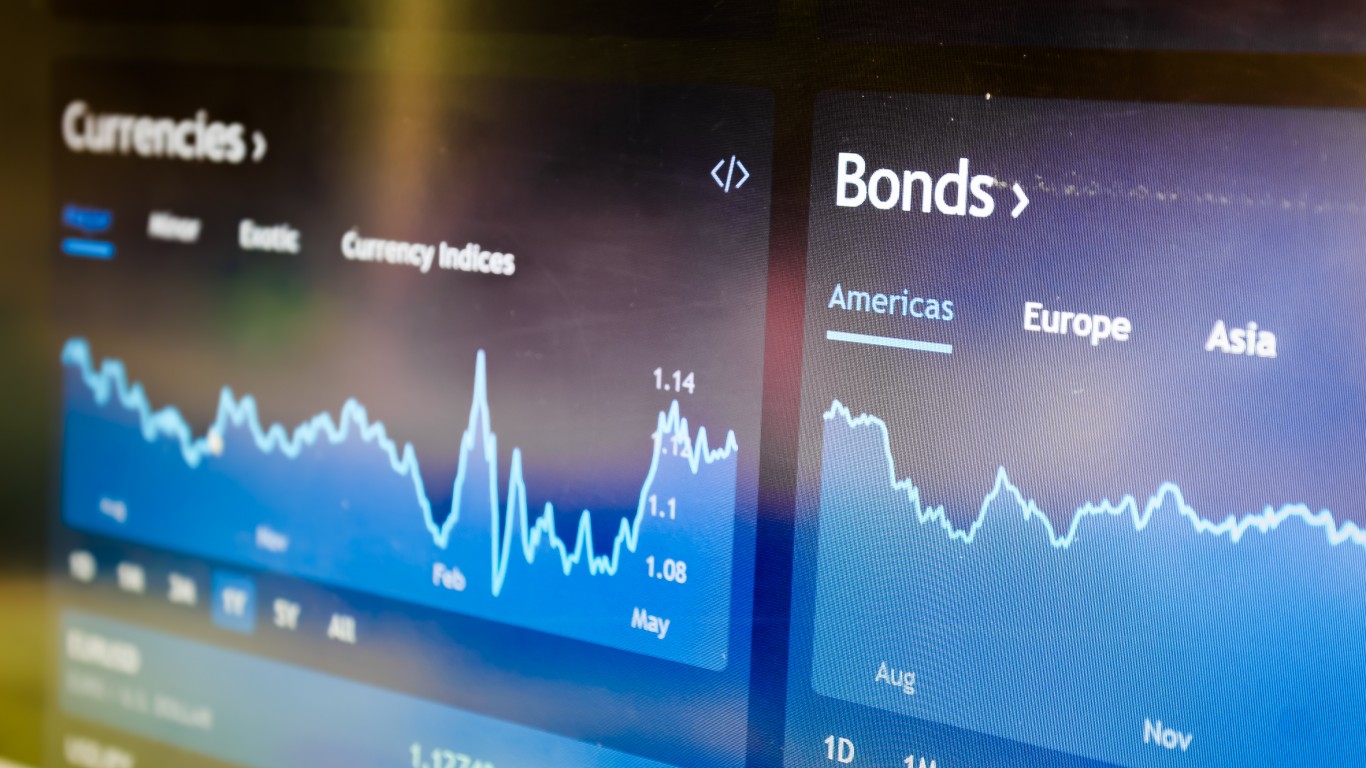
1. Stocks
Stocks are also known as shares or equities and are the most well-known form of investment. When you buy a stock, you are buying an ownership stake in a publicly traded company.

2. How to make money off stocks
Investors make money by buying stocks and selling them after the price of the stock has risen. There are tax implications when you sell a stock at a profit in the form of capital gains taxes. How much these gains are taxed depends on how long the asset was held before selling. Assets held for a year or less are short-term capital gains, while assets held for longer than a year are long-term capital gains.

3. Bonds
Bonds are debt instruments purchased from companies (corporate bonds) and local, state, and federal governments (municipal bonds, U.S. Treasury bonds, notes, and bills).
When you are shopping for bonds, you need to check out each bond’s price, time to maturity, and coupon rate. The coupon rate is the annual money you will receive, expressed as a percentage of the principal that you pay to buy the bond. Coupon rates for new bonds are around the market interest rate. Most bonds will pay out interest twice a year. The risk for bondholders is the interest rate can fluctuate, and with it the price of the bonds. Finally, while the U.S. government will likely not default, other issuers might.

4. How to make money off bonds
You make money from bonds by receiving interest payments while the money is lent. When the bond matures, you get your principal back.
5. Mutual funds
Funds
A mutual fund is a financial instrument that pools assets from investors to invest in securities such as stocks, bonds, money market vehicles, and other assets. Mutual funds are overseen by money managers, who allocate the fund’s assets and attempt to produce capital gains or income for investors. Mutual funds charge annual fees, expense ratios, or commissions.
Mutual funds give small investors access to portfolios of equities, bonds, and other securities.
These funds invest in many securities, and their performance is tracked as the change in the total market capitalization of the fund. Employer-sponsored retirement plans usually invest in mutual funds.
Sponsored: Find a Qualified Financial Advisor
Finding a qualified financial advisor doesn’t have to be hard. SmartAsset’s free tool matches you with up to 3 fiduciary financial advisors in your area in 5 minutes. Each advisor has been vetted by SmartAsset and is held to a fiduciary standard to act in your best interests. If you’re ready to be matched with local advisors that can help you achieve your financial goals, get started now.







